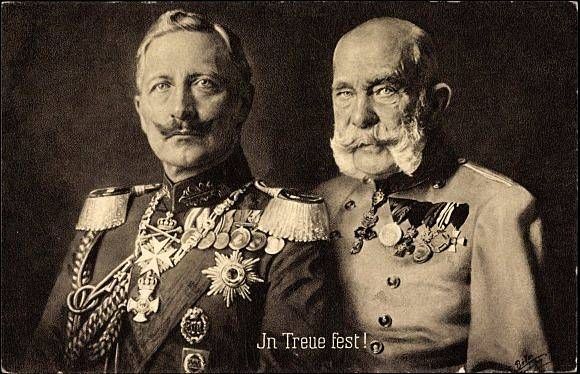
This article first appeared on the Cato Institute site.
The last few weeks have seen a surprisingly activist foreign policy from the Trump administration.
Since the inauguration, the rate of U.S. airstrikes in Iraq and Syria, the willingness to launch special operations raids in countries like Yemen and the use of taunting rhetoric toward adversaries had all increased in comparison to the Obama administration.
But this month things seems to have been put into hyper-drive. Donald Trump authorized a symbolic punitive airstrike on a Syrian military base—a serious escalation that had no legal authority.
The administration also threatened to engage in preventive war against North Korea if it should move forward with a sixth nuclear test. Trump ordered an aircraft carrier strike group to sail within 300 miles of North Korea's coastline in a show of force meant to bolster this threat.
And finally, Trump's penchant for militarism was on display when the biggest non-nuclear bomb in America's arsenal, never before used in active combat, was dropped in Afghanistan.
It's hard to say whether these are signs of a clear Trump doctrine emerging, or whether this intensification of military activism abroad simply reflects Trump's character. One can easily recall warnings from candidate Trump's opponents, on the Democratic side but also from many in his own party, that he was temperamentally unfit for office.
In the latest edition of Survival, François Heisbourg, chair of the International Institute for Strategic Studies Council, which publishes the journal, compares Trump to Kaiser Wilhelm II, the leader of Germany from 1888 to 1918.
Related: Robert Reich: Was the mother of all bombs dropped legally?
Wilhelm II goes down in history as the man who took Germany down the path of naval expansion, colonial aggrandizement and aggressive militarism, eventually contributing to the outbreak of World War I, thanks to military postures that were a great departure from those of the more restrained Otto Von Bismark, whom the kaiser dismissed in 1890. Heisbourg quotes a German historian describing Wilhelm II thusly:
[He had] a taste for the modern–technology, industry, science–but at the same time [was] superficial, hasty, restless, without any deeper level of seriousness, without any desire for hard work…without any sense of sobriety, or balance and boundaries, or even for reality or real problems, uncontrollable and scarcely capable of learning from experience, desperate for applause and success....
He wanted every day to be his birthday–unsure and arrogant, with an immeasurably exaggerated self-confidence and desire to show off.
Perhaps not an unfair comparison to President Trump. As it happens, I came across another description of the kaiser that seems equally relevant, this time in Yale historian Donald Kagan's On the Origins of War and the Preservation of Peace, citing a biographer of the German leader:
The last Kaiser's most pronounced–and most fatal–characteristic was his habitual inclination to act almost entirely on the basis of personal feelings....
His implementation in the mid-1890s of a reactionary domestic regime, and the campaign a few years later to construct a gigantic navy can be traced to vanity or pique.
This ineffable tendency to personalize everything stands revealed in the Kaiser's correspondence…or his marginal comments…on countless documents, which display passion but rarely judgment.
Whole libraries can be filled with explanations for the outbreak of World War I, and the kaiser's temperament and character likely make up an insignificant fraction of them.
But one can certainly make the argument that the prudent, sober, skillful and restrained foreign policy Germany pursued under Bismark from unification in 1871 until Bismark's dismissal in 1890 contributed to an era of European peace many contemporaries didn't think possible.
Related: Nolan Peterson: The Syria strike deals Putin a double blow
And by contrast, Wilhelm II's pettiness, lack of prudence, obsession with honor and status and militaristic tendencies helped lead Germany down the road to war and, eventually, at the end of his rule, to ruin in 1918.
Historical analogies are by nature inexact. And I don't believe Trump's foreign policy will be so disastrous as to lead to the devastation of post-WWI Germany.
But character and temperament matter and, unfortunately, the checks and balances that are supposed to constrain the president's war powers have whittled away over many years.
With luck, this administration will learn that, in dealing with tough adversaries and dangerous geopolitical flashpoints, the sticks of foreign policy have to be matched with carrots. Otherwise, the risk of war increases.
John Glaser is associate director of foreign policy studies at the Cato Institute.
Uncommon Knowledge
Newsweek is committed to challenging conventional wisdom and finding connections in the search for common ground.
Newsweek is committed to challenging conventional wisdom and finding connections in the search for common ground.
About the writer
To read how Newsweek uses AI as a newsroom tool, Click here.








